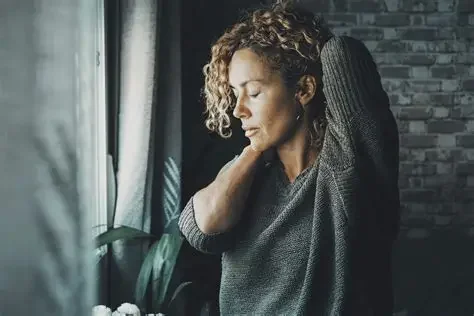
Jupiter, FL & Roswell, GA
Anxiety Therapy
When Your System Won’t Settle—And You Don’t Know How Much Longer You Can Hold It Together
Do you feel like you’re always on edge—like something bad is about to happen, even if you don’t know what?
Do you feel restless, irritable, or like you could snap at any moment?
Do people say you're "too sensitive" or "overreacting," but inside you feel like you're barely keeping it together?
Do you swing between panic and pressure—trying to hold it all together and secretly fearing you’re going to crash?
Anxiety doesn’t always look like fear. Sometimes, it shows up as frustration, anger, or emotional intensity. Sometimes, it hides inside perfectionism, over-responsibility, or a need to control everything—because letting go doesn’t feel safe.
If you're thinking “I can’t keep living like this,” you’re not alone.
And you’re not broken.
Your body just hasn’t learned it’s safe yet.
Have any questions? Send us a message!
Anxiety Isn’t Just In Your Head—It’s In Your System
Anxiety is your body’s response to perceived danger. It’s not weakness. It’s your sympathetic nervous system trying to protect you.
This is the “go” mode of your body—where your heart races, your breath shortens, and blood pumps to your limbs so you can fight, fix, or flee. It’s not shutdown (that’s dorsal). It’s mobilized, bracing, always on.
When you live in this state too long, your system starts to think it’s normal. You stop resting. You stop feeling. You just go. Until you can’t anymore.
I use a simple framework called the Autonomic Ladder (from Deb Dana’s Polyvagal Theory) to help clients understand how this works:
Ventral Vagal (Top of the Ladder): Calm, grounded, open
Sympathetic (Middle): Anxious, activated, irritable, racing thoughts
Dorsal Vagal (Bottom): Numb, shut down, burned out
Anxiety lives in the middle rung. And it’s where many people—especially high-functioning ones—get stuck.
What Anxiety Can Look Like—For Women and Men
For many women, anxiety looks like over-functioning. You do it all, anticipate everything, and never stop. You take care of others while abandoning yourself. You appear “strong,” but inside you’re fried.
For many men, anxiety turns into anger, frustration, or quiet intensity. Sometimes it’s loud. Sometimes it simmers under the surface. You might not even call it anxiety—but the tension, the restlessness, the fear of failure? It’s all there.
These are not character flaws.
They’re survival strategies that started in early relationships—when you learned to scan, perform, or brace to stay connected.
Anxiety is not the problem.
It’s the signal.
And it’s asking for care.
What Anxiety Therapy Can Look Like
This isn’t about “managing symptoms.” It’s about helping your body finally learn what it feels like to be safe. Together, we’ll explore:
How anxiety lives in your nervous system and how to work with it, not against it
Why your body stays in high-alert mode—and how to gently bring it down
The patterns behind your overthinking, irritability, or emotional swings
How anxiety affects your relationships—and how to reconnect without shutting down or controlling
What it means to feel calm without waiting for the next shoe to drop
You don’t need more willpower. You need a nervous system that knows it’s allowed to rest.
My Approach To Anxiety Therapy
I don’t separate anxiety from trauma—because anxiety is a form of trauma. It’s a sign your system has been working overtime to stay safe, connected, and in control.
My work is grounded in Interpersonal Neurobiology—the science of how our bodies, minds, and relationships shape each other. I treat anxiety not as a problem to fix, but as a message from a system that’s been protecting you for a long time.
I’m trained in:
Interpersonal Neurobiology (IPNB) – for integrating mind, body, and relational healing
Polyvagal-Informed Therapy – to understand your unique nervous system and how it protects you
Somatic Experiencing (SE) – to gently release stored trauma from the body
Attachment-Informed Therapy – for understanding your patterns of connection and trust
Internal Family Systems (IFS) – to help the parts of you that had to take over to feel supported
Relational Repair & Embodied Connection – trauma often happens in relationships—and healing does too
This work is gentle. Attuned. And deeply restorative.
You Might Be Wondering About Anxiety Therapy…
-
Because your system doesn’t feel safe yet. We’ll build that safety from the inside out.
-
If no one ever taught your nervous system how to feel safe, you’re not behind—you’re right on time.
-
Yes. Not because you’ll be “fixed,” but because your body will learn that it doesn’t have to brace anymore. That you can be with yourself without fear
You Deserve a Life That Doesn’t Feel Like Constant Bracing
At Luminous Heart Counseling, I believe:
Trauma and love are deeply intertwined—and healing happens in relationships.
If your mind won’t stop racing…
If your chest is always tight or your jaw won’t unclench…
If you’re tired of feeling like you’re one moment away from falling apart…
I offer a 15-minute consultation so you can feel into whether this work is right for you.
Sessions are available virtually. 📞 Call or text us at (470) 397-5212 to get started.
Let’s help your system settle.
Let’s help you come back to yourself.
If you’ve been living in overdrive for too long, your system may eventually shift from anxiety into collapse. If you’re starting to feel foggy, detached, or like you’ve shut down, read about Depression Therapy—and discover how I help clients gently return to themselves
Recent Anxiety Posts
Anxiety Therapy
in Jupiter
407 Commerce Way Suite 2A, Jupiter, FL 33458
Anxiety Therapy
in Roswell
1160 Grimes Bridge Rd STE H, Roswell, GA 30075






